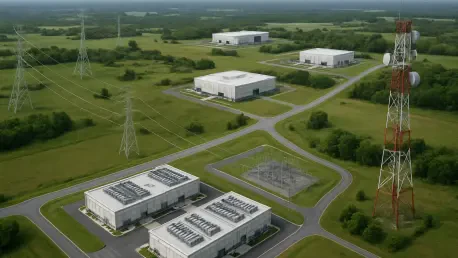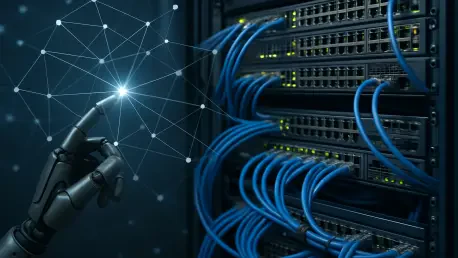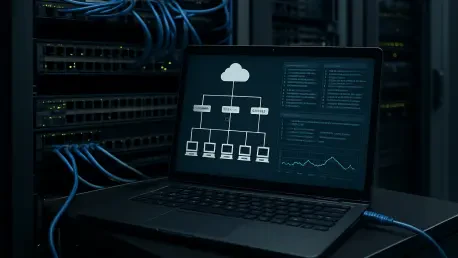
In an era where artificial intelligence is reshaping industries at an unprecedented pace, the backbone of this transformation often goes unnoticed, yet it is absolutely critical to unlocking AI’s full potential. Enterprises worldwide are grappling with the immense computational demands of AI

In an era where digital connectivity underpins nearly every aspect of business and daily life, the challenge of managing increasingly intricate networks has become a pressing concern for enterprises worldwide, especially with the rapid proliferation of IoT devices. With the shift toward edge

Picture a future where artificial intelligence systems independently manage customer interactions, streamline complex operations, and make critical decisions with little to no human oversight—a reality that agentic AI is rapidly bringing to life. This transformative technology holds the potential

In a world where technology increasingly shapes daily life, Samsung has unveiled an ambitious plan to revolutionize the concept of the smart home through its "AI Home" initiative, aiming to transform how people interact with their living spaces and to bring a new level of convenience and safety.

In an era where global connectivity underpins nearly every aspect of modern life, the challenge of maintaining seamless, reliable networks has never been more critical for cloud providers and telecom operators alike. With billions of users relying on uninterrupted access to data and services, even

In an era where digital connectivity underpins nearly every aspect of modern life, the network probe market is emerging as a critical player in ensuring seamless, secure, and efficient network performance, with a recent report from The Insight Partners projecting substantial growth through 2031. As